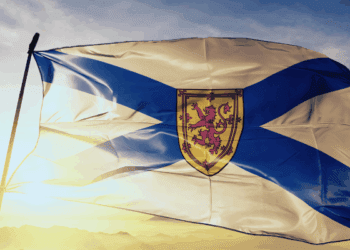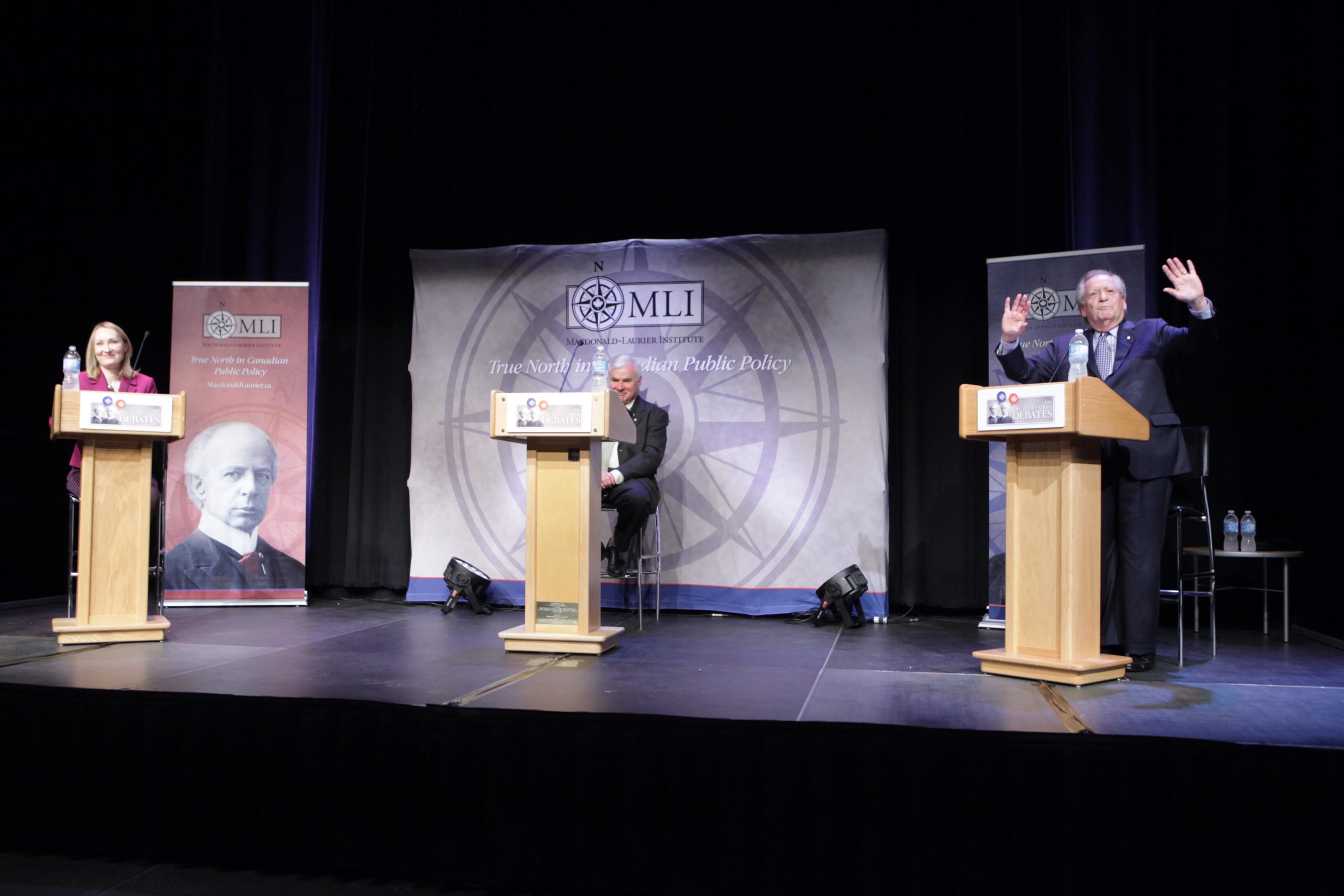 Embracing growth and expanding international trade has the London Stock Exchange flourishing while its Toronto counterpart stagnates under a protectionist hue and cry. It could have been so different, writes Brian Lee Crowley.
Embracing growth and expanding international trade has the London Stock Exchange flourishing while its Toronto counterpart stagnates under a protectionist hue and cry. It could have been so different, writes Brian Lee Crowley.
By Brian Lee Crowley, March 4, 2016
What’s a small country to do?
Canada asks itself that question every day as a bewildering welter of deals results in multinational giants to take products, services, capital and expertise to global markets. Already North America is too small as global car, transport, logistics and software companies strive to reach profitable markets wherever they are to be found.
As Donald Trump’s rise shows, this transformation of the very idea of national economies is causing disaffection among those whose prospects seem dimmed by globalisation, such as unionised blue-collar workers who used to enjoy high paying jobs in protected national economies paid for by consumers held captive behind tariff and regulatory barriers.
All strategies to respond are variations on two themes. We can struggle to put the genie back in the bottle, sheltering our national markets from foreigners at the expense of losing access to foreign markets. Or we can embrace growth and expanding international trade and use the long-term wealth this creates to help cushion the shock and compensate those damaged by economic change.
An object lesson in the results of these contrasting strategies is to be found in one of the most storied names in the financial world, the London Stock Exchange (LSE). Stock exchanges are not exempt from globalising pressures to reduce costs, specialise and increase market reach.
As part of its response, five years ago the LSE made a bid to take over the Toronto Stock Exchange (TSX). The resulting entity would have had a major share of its global activities based in Toronto. Faced, however, with a foreign interloper opening up their hitherto unchallenged dominance of the Canadian market, Canada’s financial institutions went on the offensive.
They cobbled together the Maple Group Acquisition Corp, composed of many of the big banks and pension funds in the country, and bought the TSX, thus allegedly keeping the “mind and management” of Canadian finance firmly under Canadian control. The LSE, frozen out in Canada, turned its attention elsewhere.
The intervening years have been unkind to the TSX. The market capitalisation of the exchange is way off its peak (measured in US dollars), listings are down, and technology is making it increasingly possible for well-financed international challenges to be mounted to the TSX’s dominance within Canada. Many of the largest firms listed on the TSX are cross-listed on other bigger exchanges, offering costs but few advantages.
The LSE, by contrast, has gone from strength to strength. It is one of the big three international players in stock exchanges (along with Nasdaq and New York Stock Exchange owner ICE) and unlike the TSX, whose own stock evaluation has languished, the LSE’s value has gone up over three times since the failed Canadian transaction. It is now itself the object of a takeover offer from the Deutsche Boerse. In echoes of the LSE offer to the TSX, the global giant would see work split between London and Frankfurt according to knowledge, specialisation and comparative advantage. So attractive has the LSE become that the Deutsche Boerse offer has triggered interest by ICE, although the European bid seems the likely winner.
If Canadian attitudes prevailed in London, you would expect a protectionist hue and cry against the “exporting of British jobs” and the loss of Britain’s control over its own economic destiny. After all, much of Britain’s prosperity depends on the success of the City of London and Britain’s financial prestige and expertise. In fact two previous attempts to buy the LSE (in 2000 and 2004-05) failed in the face of exactly such opposition.
Yet while there are the occasional grumbles, the attitude that prevails today, especially among those with influence over the decision, is best summed up by one observer (and author of a forthcoming book on the City) who wrote, “If anyone tells you that this latest deal with Germany is somehow terrible or fearful, tell them not to be silly. It is what the Brits do now and we are past the point of return. We are traders. We sell ourselves.”
Talk about the centrality of this great British institution is anyway actually rather outdated. Following the evolution of financial markets and institutions triggered by Margaret Thatcher’s Big Bang financial reforms, the LSE is really no more than an efficient electronic trading platform, a financial information company, 4700 employees (a drop in the City bucket), and a terrific global brand. Far from undermining one of Britain’s key industries, it will give self-confident British expertise more scope and bigger markets, helping to fuel the country’s projected rise to Europe’s largest economy within a few decades.
Meanwhile Canada, having missed the boat on being a key player in expanded global markets, will continue to fight a rearguard action against our financial sector’s marginalisation in world terms. It could have been so different.
Brian Lee Crowley (twitter.com/brianleecrowley) is the Managing Director of the Macdonald-Laurier Institute, an independent non-partisan public policy think tank in Ottawa: www.macdonaldlaurier.ca





